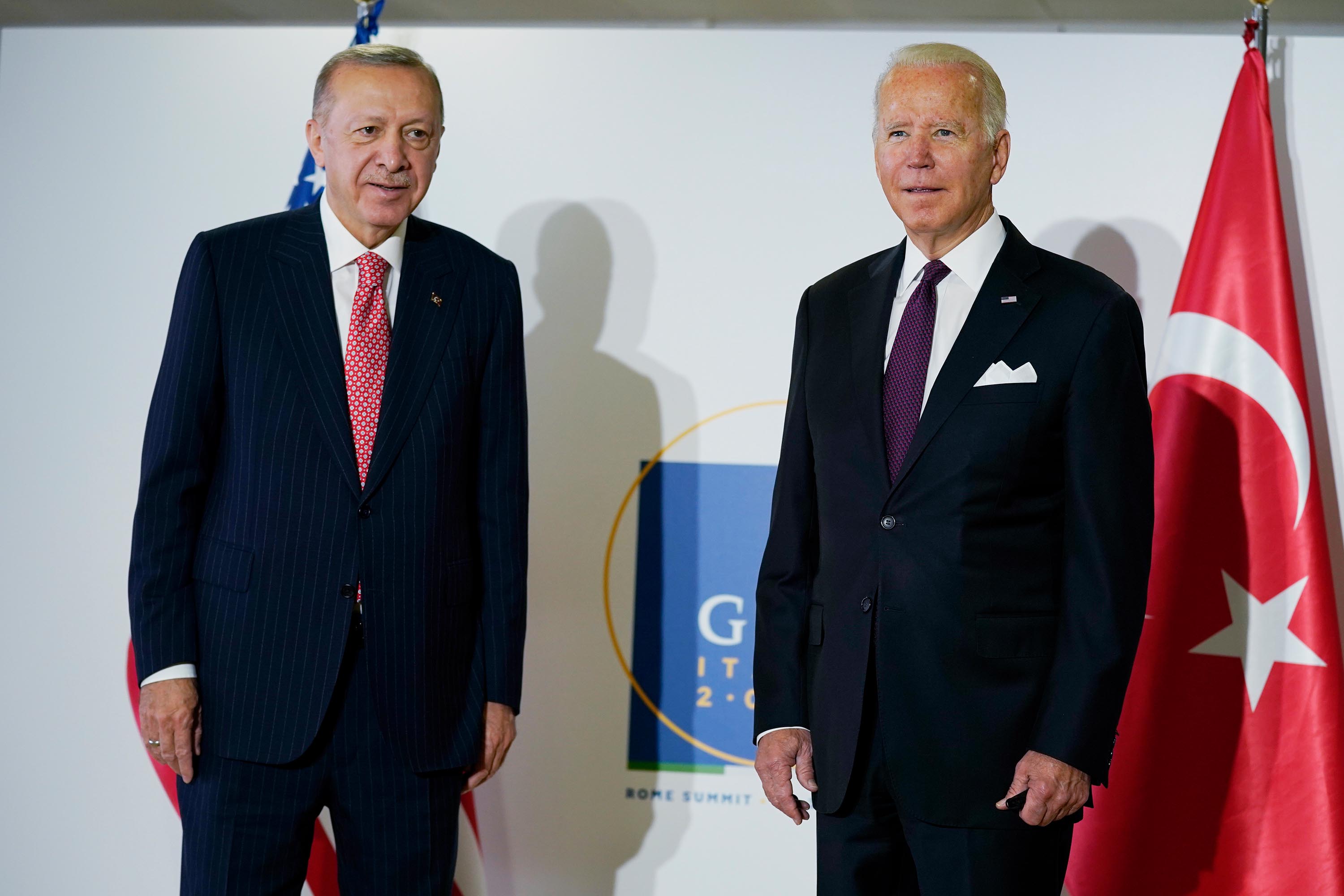As the G20 continues in Rome on Sunday morning, a pivotal UN conference on climate change finally gets underway.
The 26th Conference of the Parties to the United Nations Convention on Climate Change – known as COP26 – was postponed last year due to the pandemic.
World leaders will attend the annual event, and many G20 leaders are expected to travel to Glasgow following the conclusion of the Rome summit. No world leader is expected to speak on the opening day of COP26.
Much of the discussions during the climate summit will take place between ministers and other high-level officials working on climate issues.
Why COP26 is important:
Conferences are massive events with many side events that attract people from the business sector, fossil fuel companies, climate activists and other groups concerned with the climate crisis. Some of them are successful – the Paris Agreement was concluded at COP21, for example – and others are painfully unproductive.
More than 190 countries signed the Paris Agreement after the COP21 meeting in 2015, to limit the rise in global temperatures to well below 2 degrees Celsius above pre-industrial levels, but preferably at 1.5 degrees.
Half a degree may not seem like a huge difference, but scientists say any further warming beyond 1.5 degrees will trigger more intense and frequent climate extremes. For example, limiting warming to 1.5 degrees instead of 2 degrees could result in around 420 million fewer people being frequently exposed to extreme heat waves, according to the UN.
Scientists see 2 degrees as a critical threshold where extreme weather conditions would turn some of the world’s most densely populated areas into uninhabitable deserts or flood them with seawater.
Although the Paris Agreement was a historic moment in the quest to address the climate crisis, it did not include details of how the world would achieve its goal. The following COPs sought to make the related plans more ambitious and to detail the courses of action.
“On paper, the Paris Agreement has always been conceived as a cyclical process – ‘see you in five years, with better plans and renewed efforts’,” said Lola Vallejo, director of the climate program at the Institut du sustainable development and international relations. “So at the moment, we are at this deadline, postponed by Covid.
Before the opening of the COP26, the Secretary General of the United Nations, Antonio Guterres, issued a terrible warning on Friday. He said “there is a serious risk that (the Glasgow conference) will fall short” as formal government commitments so far remain insufficient, and even “at best, temperatures will rise again well above two degrees “. ”
Guterres called for greater mitigation ambition and climate finance ambition.

